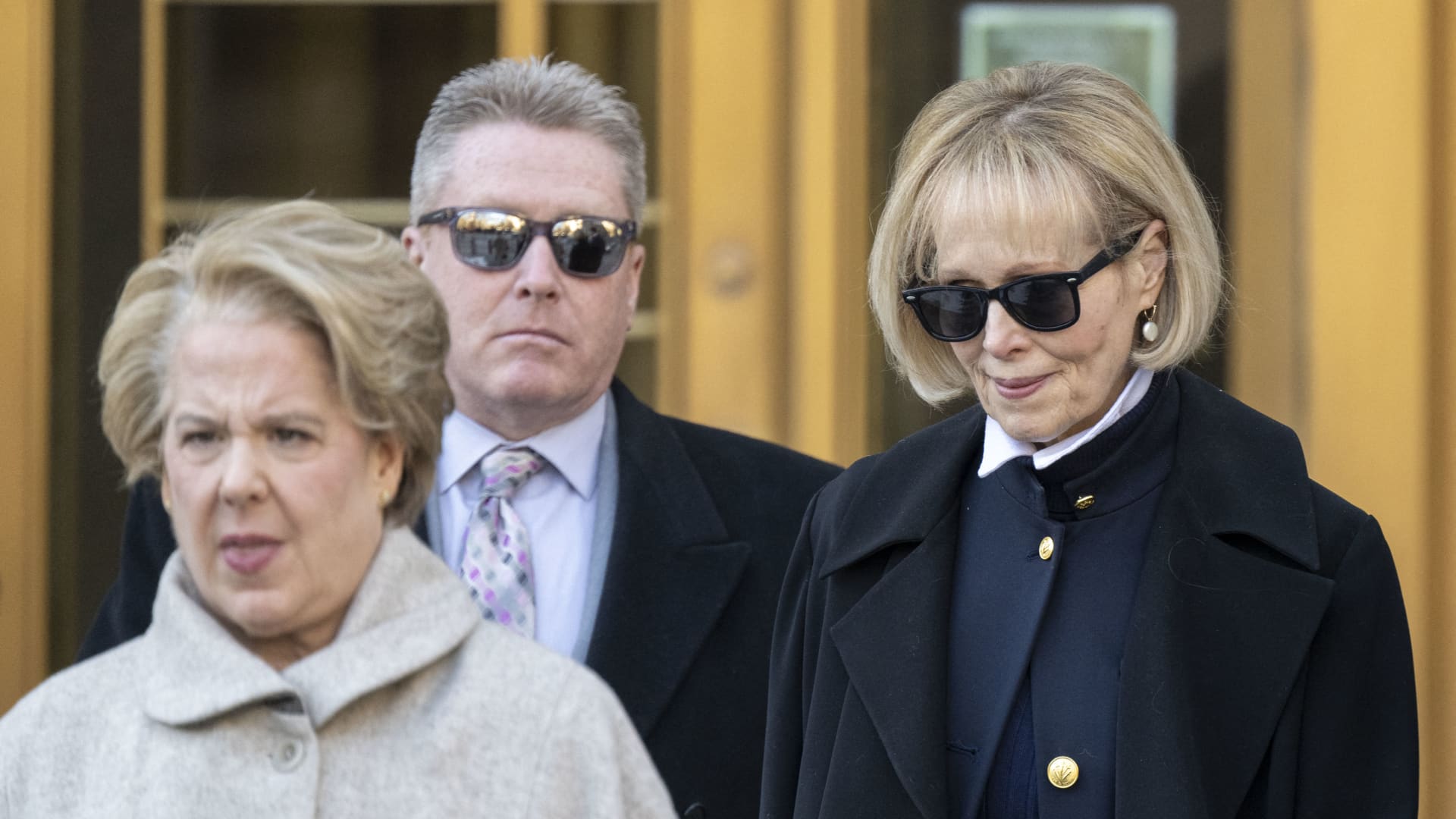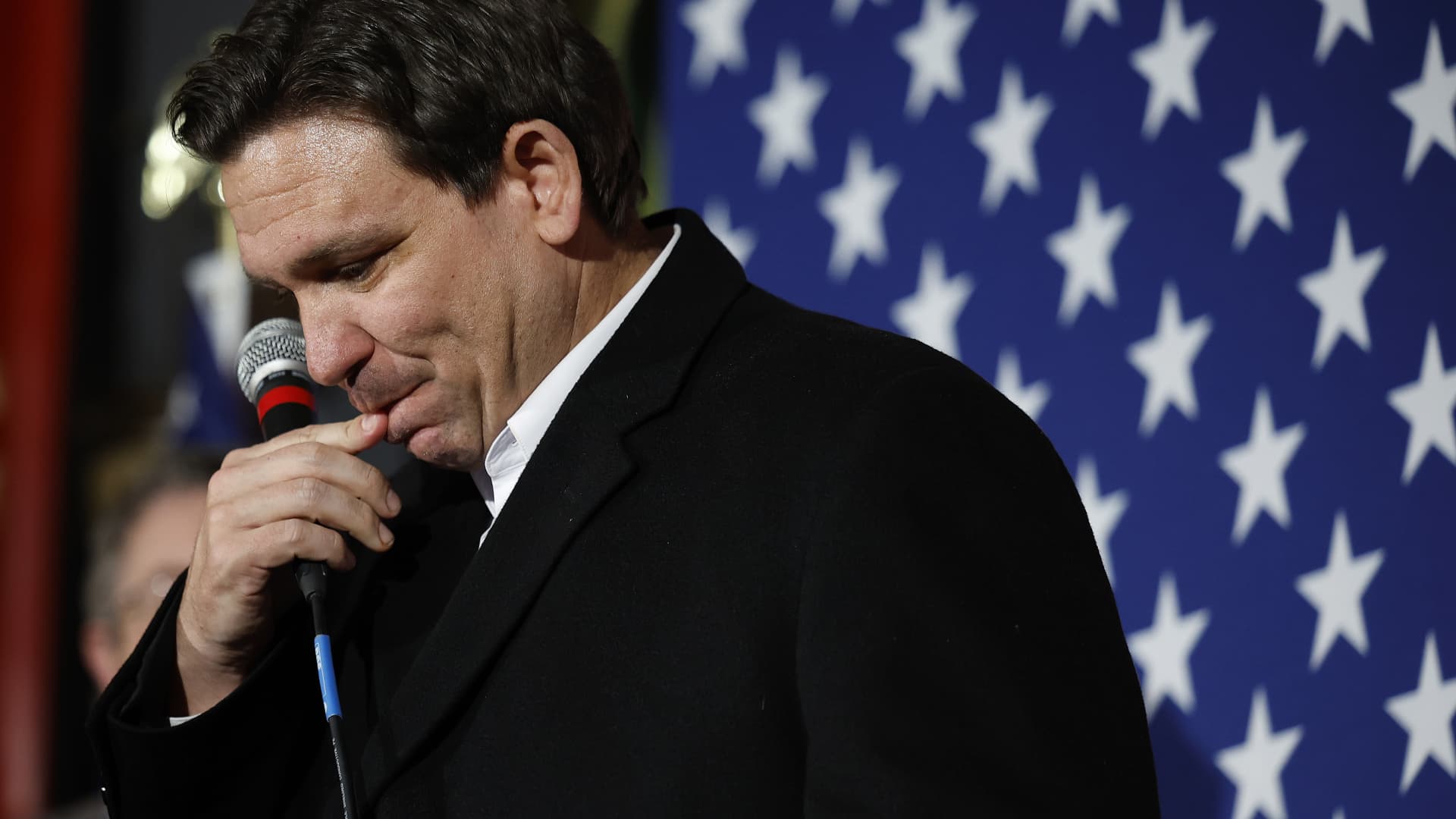[tdc_zone type=”tdc_content”][vc_row][vc_column width=”1/1″]
Trending Now
POLITICS
New Hampshire Officials to Investigate A.I. Robocalls Mimicking Biden
Voters in New Hampshire received robocall messages over the weekend in a voice that was most likely artificially generated to impersonate President Biden’s, urging...
BUSINESS
ECONOMY
SPORTS
Pacers’ Tyrese Haliburton throws the ball off the glass
Throwing a basketball off the backboard to yourself is quickly becoming a loophole. The latest NBA player to do it was Tyrese Haliburton,...
HEALTH
SSRI Drugs Can Cause Chronic Fatigue Syndrome
Serotonin — also known as 5-hydroxytryptamine or 5-HT — is typically referred to as “the happiness hormone” and deficiency is thought to be...
TECHNOLOGY
API startup Noname Security nears $500M deal to sell itself to...
Noname Security, a cybersecurity startup that protects APIs, is in advanced talks with Akamai Technologies to sell itself for $500 million, according to...





























